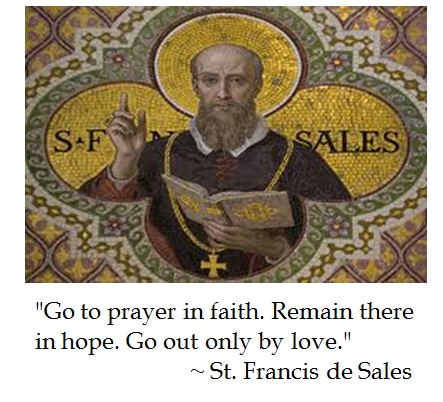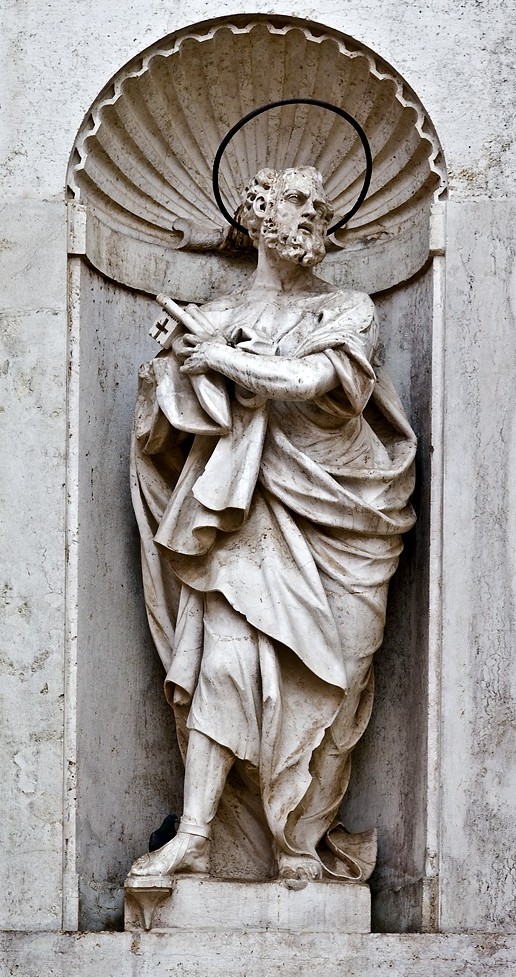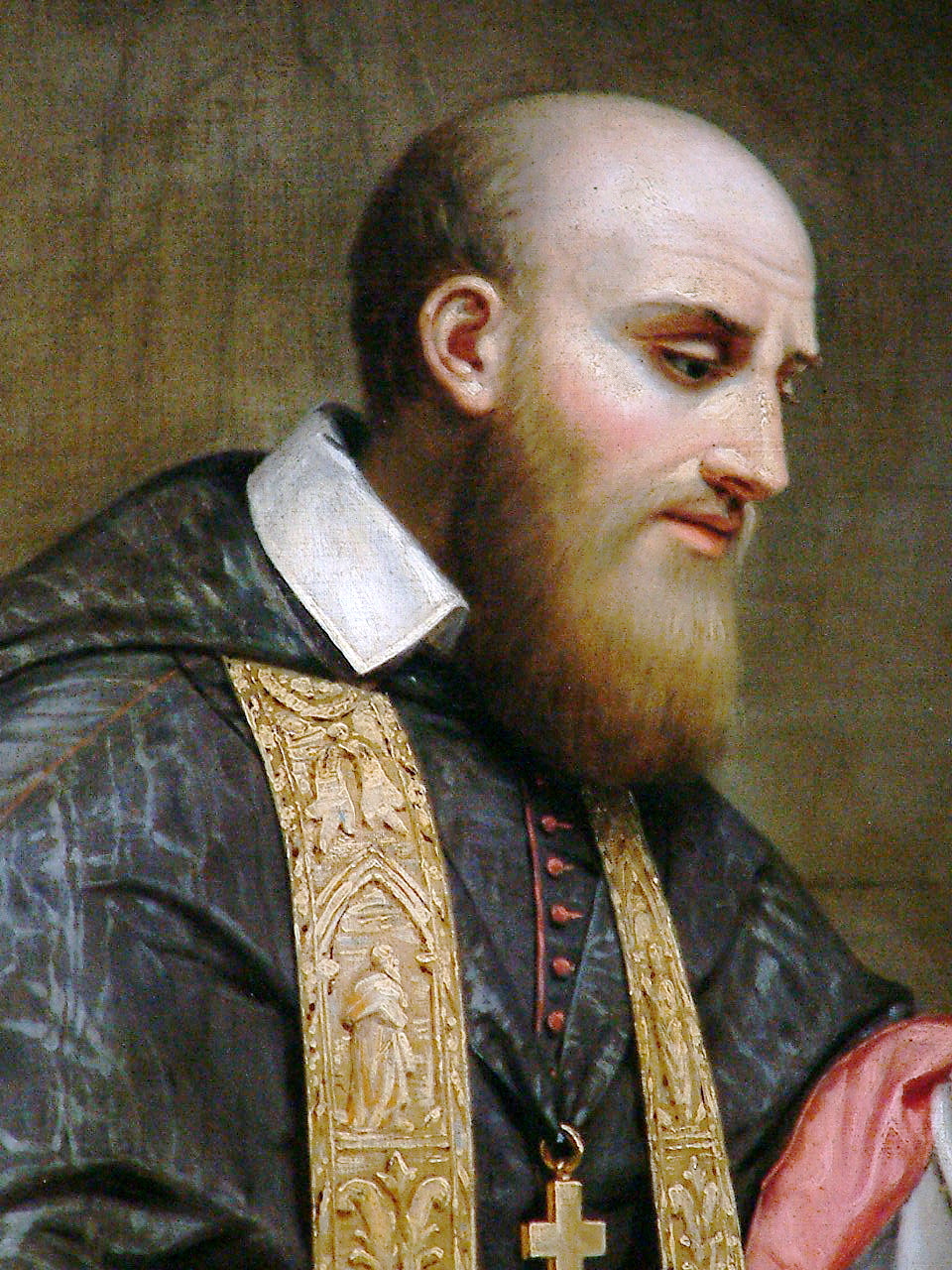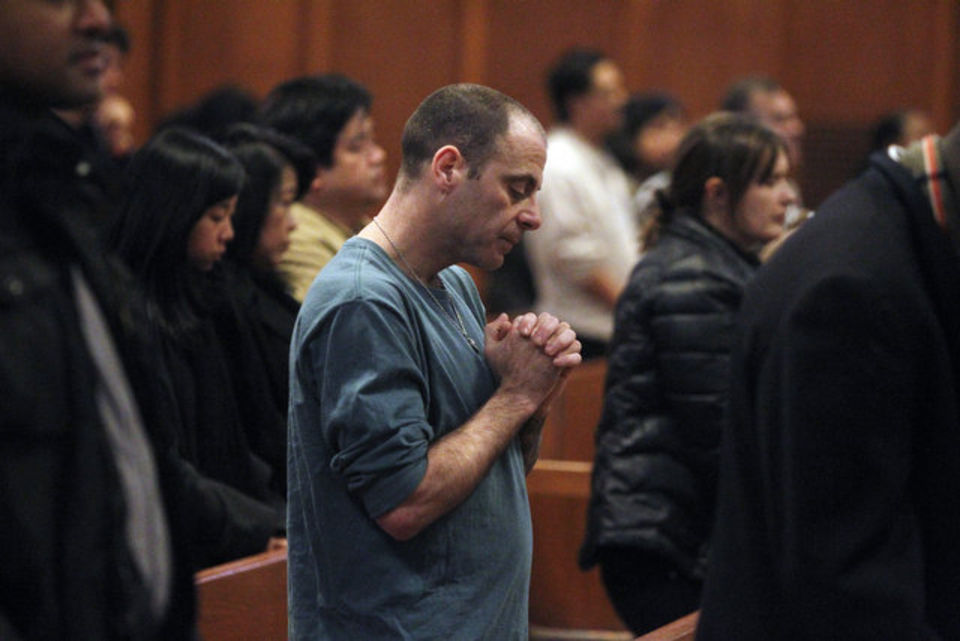But be of good heart, I beg you; little by little train your will to follow God’s will, wherever it may lead you; see that your will is strongly roused when your conscience says: God wants this. Gradually the resistance you feel so strongly will become weaker and soon disappear altogether. But especially, you must try to stop acting out your inner struggle or, at least, to do so in moderation. There are persons who when angry or annoyed, show their displeasure by simply saying: “What is all this?”; but there are others who speak sharply and show, not only displeasure, but a certain arrogance and spite. What I mean is that you should gradually correct such outburst, moderating them every day. –St Francis de Sales
Within the quote, the idea of the gradualism Dr. Nichta introduced is gently dealt with. Yesterday during and shortly after mass a confrontation exploded. Wrath dominated my being, an absolute conviction I was justified in venting anger. Following the will of God, surrendering through self-awareness, in a certain sense, only means we are vulnerable to the immaturity of those living entirely on free will. I possess confidence in my efforts, sincere in humility and charity. Consolations are not sought, yet they are being received. I am proud of who I am and where God has taken me. I have the strength to stand up for myself—the determination to preserve my energy in spiritual pursuits. I fear nothing in regards to taking my every thought, action, and interpretation of experiences to the church for validation or correction. I am fearless in my pursuit of God, understanding I will make mistakes. I do not fear the mistakes for my heart grows bolder through, with, and in Christ. I know who I am. I know my weaknesses. I see the weaknesses of others. If I do not know myself, I really have no chance of knowing others. I see others through delusion, brokenness, and manipulation. I am a spiritually immature person incapable of grasping the world honestly, rationalization riots. It takes such an incredible amount of energy to live a life dominated by free will that truth becomes inaccessible. The truths I do come upon are all of my doing. I may as well be watching TV evangelists for that is all the further I will be able to advance. My spiritual life is limited to what I can bring into being, fullness forsaken. I place myself in the role of creator, perversions pervading. Imagination, reasoning, scheming, plotting, making plans, conducting mental debates, arguing within exhausts profound potentialities. Infusion is impossible. The Holy Spirit is blocked. I cannot quiet myself during prayer since I am so busy accessing my imagination in order to interpret, dominate, and impose my will upon the world. Even during prayer my mind is busying putting into action scenarios and happenings in my favor.
Exclude the world from traffic with the mind:
Lips near to God, and ranging heart within,
Is but vain babbling, and converts to sin.
–St. Robert Southwell
There is no peace of mind when I am left alone. When I am alone my mind is constantly racing about putting everything in my order, the controlling unceasing. I praise God I have been lifted from such a mindset. A psychic change. I was so proud that during and after the confrontation I did not allow my imagination to run away with me. I easily calmed myself, upset I allowed the outburst, yet I will not beat myself up. The inner-turmoil concerns more than exterior events. I concentrate upon progress. Within imperfection, I seek diligently for perfection. I utilize the experience to strengthen resolve, to know myself even deeper. Peace reigns in order to drawer closer to God. Garnered and graced growth relied upon not to build pride, yet to instill confidence. I end with another St Francis de Sales quote:
In all things and everywhere we must live peacefully. If troubles, either interior or exterior, come upon us, we should receive them peacefully. If joy comes our way, we must receive it peacefully, without getting all excited about it. If there is some evil to avoid, let us avoid it peacefully, without anxiety; for otherwise, in running away from evil, we could fall and give the enemy time to do us in. Is there some good to be done? Let us do it peacefully, “Thus is my bitterness transformed into peace,”…







Recent Comments